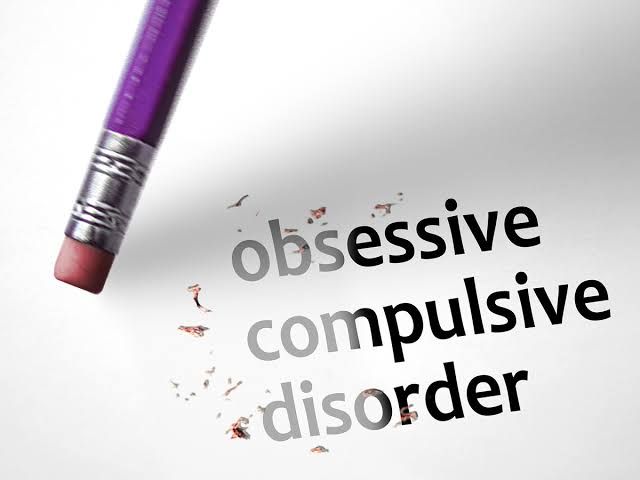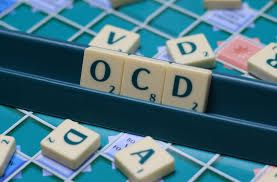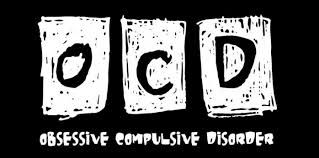Obsessive-Compulsive Disorder (O C D)
Jun 24, 2019 • 15 views
“To resist a compulsion with willpower alone is to hold back an avalanche with a candle. It just keeps coming and coming and coming.”- David Adam, The Man Who Couldn’t Stop: OCD, and the true story of a life lost in thought

People have intrusive thoughts. Come again? Intrusive thoughts. Thoughts that come to your mind that you find weird or scary or disgusting. Most of us dismiss those thoughts because that’s not who we are, we’d never do that. But some of us are anxious to get rid of those thoughts lest they actually do those things. And the more they push them back, the more those thoughts return. Like compressing a spring, or stretching a rubber band.
The problem is that these thoughts are unpleasant. Except for psychopaths, maybe. A sudden, inexplicable desire to jump off the roof, drive into oncoming traffic, hurt someone. Fears that someone stole your car, something happened to your newborn baby, you got infected from an arbitrary object you touched, your mom will have an accident if you don’t count backward from 99 and touch the coffee stain on the couch, and so on.
Even the thoughts aren’t the problem. The problem is that you can’t shut them off. You’re not in control anymore, the thoughts are disrupting your life. If this sounds familiar then you, my friend, have OCD.
There must be a reason for it but I don’t know it. Then again, I’m no psychiatrist or psychologist. But they don’t know for sure, either. There’s no concrete reason. And no cure, either. But scientists must have found something. Don’t believe me. Believe David Adams. In his book, quoted above, he shares with us how his OCD manifested as an irrational fear of having AIDS. He was sure that something or the other that he did or happened to him would result in him being HIV positive. He knew he was being stupid, but he couldn’t stop.

Frankly, it’s not as if we know what causes OCD so we can avoid it. Like we know smoking causes cancer, so we don’t. Simple. But OCD could happen to anybody regardless of who they are, what they do, if their family had it. And there’s no tried and proven cure for OCD. Admit it, that's scary.
The first thing I did after reading the book (Who am I kidding? I was doing it all along.) was to check whether I had OCD (I don’t, thank God). I monitored my thoughts. I did have intrusive thoughts but I dismissed them automatically. But I don’t know what I would have done if I had OCD. Probably seek professional help or suffer in silence. Because the human mind continues to remain an unsolved mystery for mankind.

